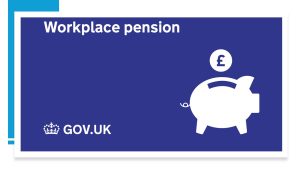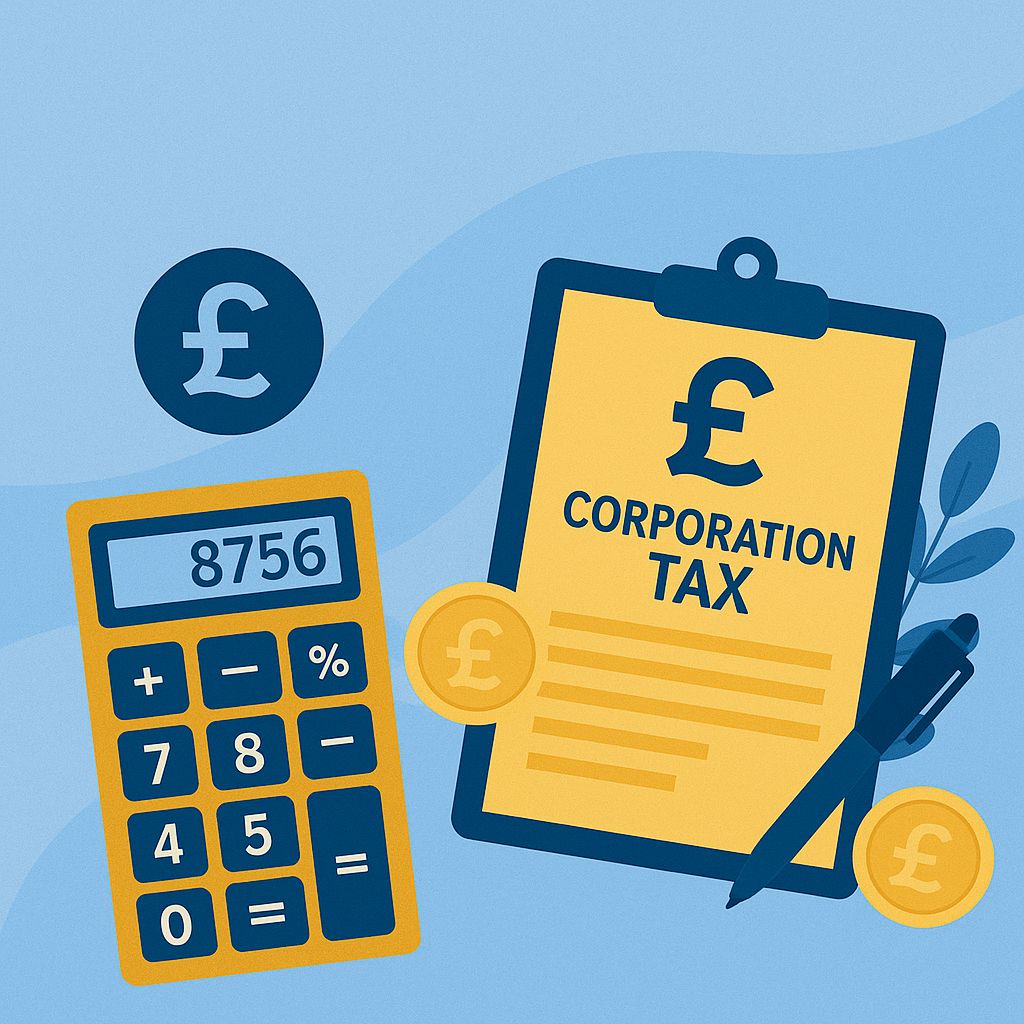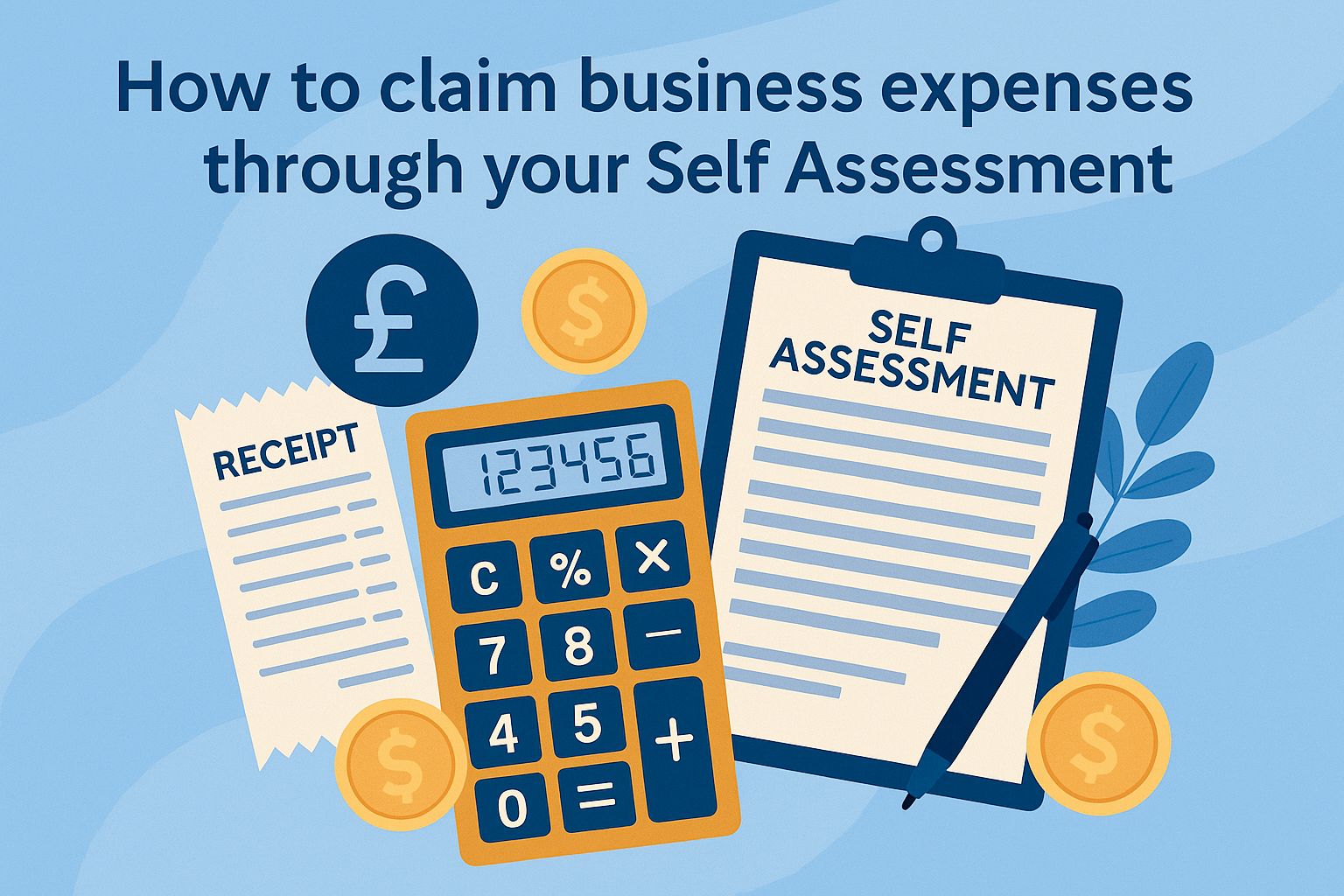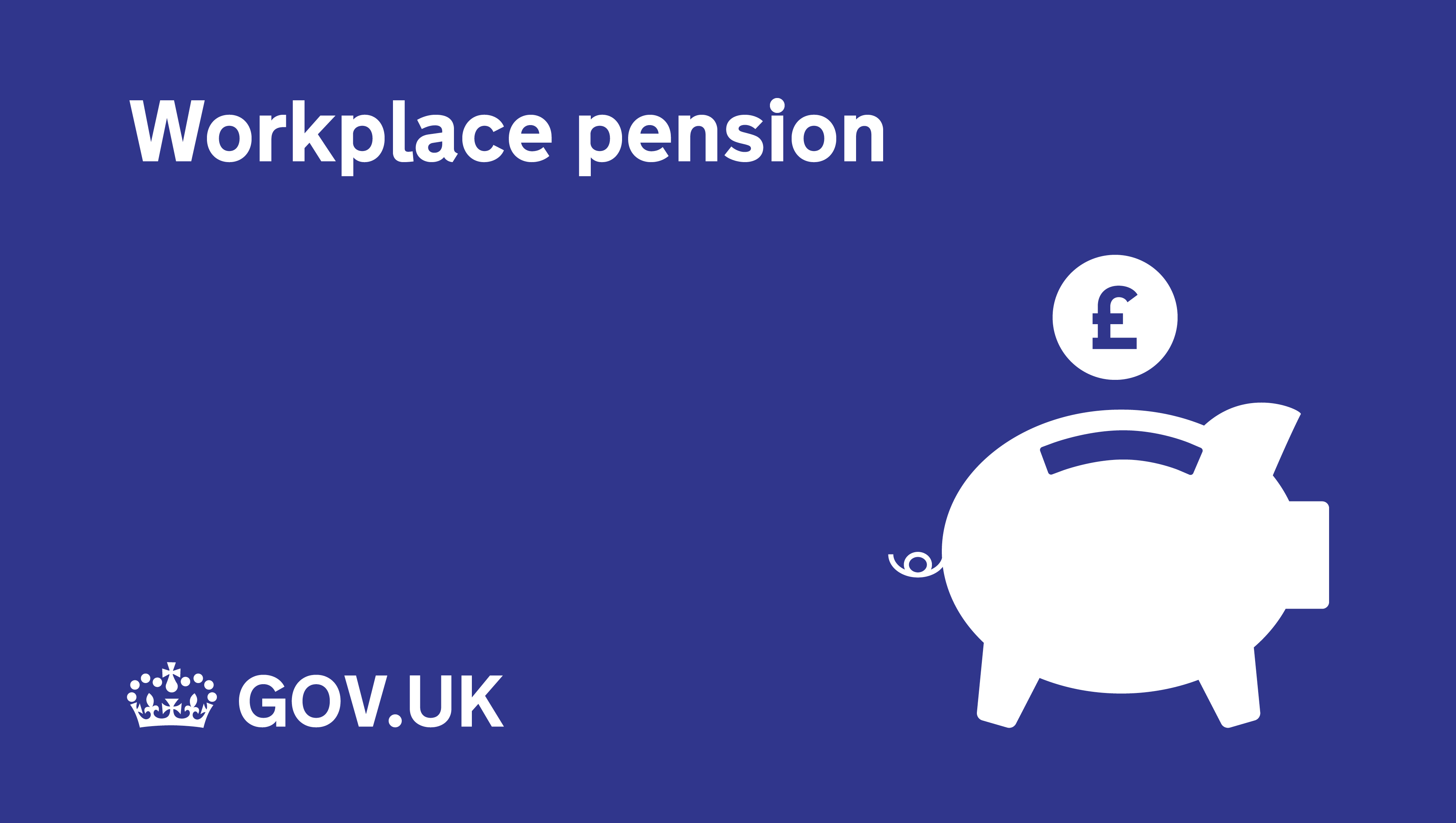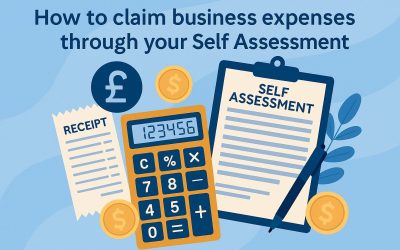workplace pension
A workplace pension is a way of saving for retirement arranged by an individual’s employer. It is sometimes called a ‘company pension’, an ‘occupational pension’ or a ‘works pension’.
Workplace pension schemes are employer-managed plans where contributions from both you (deducted directly from your wages) and your employer gradually build your pension pot.
In this article you will find key facts about automatic enrolment into a workplace pension for individuals and employers. It will also help stakeholders and employers to plan their own communications to workers about automatic enrolment.
Who will be enrolled into a workplace pension?
All employers have to offer a pension scheme – this is known as automatic enrolment. They also have to contribute a set amount of your wage to your pension pot.
You’ll be automatically enrolled into a scheme if:
- you’re aged over 22
- you’re under State Pension age
- you earn more than £10,000 a year
- you’re not already in a workplace pension scheme
- you work in the UK.
You can opt out of the pension scheme at any time, usually by filling in a form and returning it to your employer or pension provider. If you opt out, your employer will need to re-enrol you every 3 years, you can opt out each time if you’d like. If you can afford to, it’s a good idea to join the scheme.
The government has created automatic enrolment to encourage people to save money for retirement, as the State Pension alone isn’t enough for most people to live on.
Contributions to my pension pot
The minimum contribution is 8%, of which:
- 5% comes out of your take-home pay
- 3% is made up of your employer’s contributions and tax relief.
You can also make additional payments if you want to.
Duties start date
Being an employer your legal duties for automatic enrolment begin on the day your first member of staff starts work. This is known as your duties start date and you cannot change this date.
Preparation of duties start date
As an employer your legal duties for automatic enrolment begin on the day your first member of staff starts work. This is known as your duties start date and you cannot change this date.
You must be prepared for this date. What you need to do in preparation for your automatic enrolment duties will depend on the age and earnings of your staff and your circumstances.
On your duties start date you must assess your staff to see if they meet the age and earnings criteria to be put into a pension scheme for automatic enrolment.
Director exemptions from automatic enrolment
In some cases, directors may be exempt from duties under automatic enrolment, even if they have an employment contract. This is because in these cases the director is not classed as a worker.
Only organisations that employ workers have duties under automatic enrolment.
When is a director regarded as a worker?
A director is only a worker for automatic enrolment purposes if:
- they have a contract of employment with the organisation
- at least one other person (who can be another director) also has a contract of employment with the organisation
A contract of employment does not have to be written down, it could also be either a verbal or implied contract.
However, if there is no written contract of employment, or other evidence of an intention to create an employer/worker relationship between the company and a director or directors, The Pensions Regulator will not seek to argue that an implied contract of employment exists.
If an individual is a director of one company and works for another company as an ordinary member of staff, they will still be a worker as far as the second company is concerned, even if they are not a worker in respect of the first company because they are a director.
Important:
If you tell The Pensions Regulator, you’re not an employer, it means that you’ve stated that you don’t have automatic enrolment duties under the Pensions Act 2008.
If you provide false or misleading information to avoid your duties, you may be fined or prosecuted. If your circumstances change to the extent that automatic enrolment duties do apply, you must notify The Pensions Regulator as soon as possible.
Automatic enrolment duties don’t apply when an organisation, business or individual are not considered an employer.
You are still an employer if you employ someone who doesn’t meet the criteria to be put into a pension scheme.
You won’t have any duties if you meet one of the following criteria:
- you’re a sole director of an organisation or business with no other staff
- your organisation or business has a number of directors, none of whom has an employment contract, with no other staff
- your organisation or business has a number of directors, only one of whom has an employment contract, with no other staff
- your organisation or business has gone into liquidation. This option is for companies registered on Companies House
- your organisation or business has been dissolved. This option is for companies registered on Companies House
- you’re a partnership, limited liability partnership, sole trader or company and you have permanently ceased trading. This option is for companies and partnerships who are not registered on the Companies Register at Companies House.
Organisations whose staff are all exempt
If the organisation has no workers, because all their staff are exempt, they will not need to complete a declaration of compliance.
Please note that if there are staff who simply do not meet the age and earnings criteria for automatic enrolment, but the exemptions do not apply, the organisations do have legal duties and will need to complete a declaration of compliance.
If you would like to discuss this in more details, please feel free to contact Super Financial Limited (SFL). Our consultants are qualified and focused on satisfying and resolving all the client’s accounting requirements and are experienced in offering the best solutions, structured and modelled on the needs and field of activity of each individual client.

